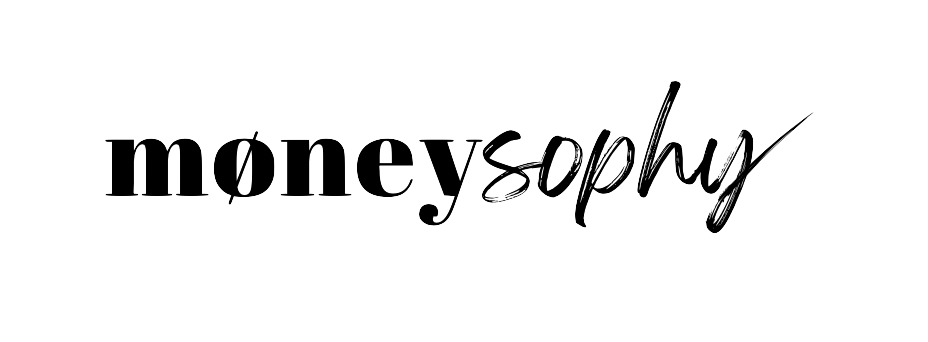Why I tried all diets and they didn't work for me
Yesterday, I watched a Youtube video featuring a debate between fit individuals and fat people, each trying to make their point.
Well, SPOILERS ALERT, there was no middle ground reached.
The fit people were very critical towards the overweight community, using some quite terrible language: "disgusted" ,"fat concentration camps", "bring back body-shaming", "laziness" to name a few.
What struck me most was how the two sides were essentially talking past each other. The fit people used their rational brain to debate about the importance of health, while the fat people talk about their mental health and their trauma to justify their choice of lifestyle.
It's what the Chinese would call this situation "like a chicken talking to a duck" - they were simply not communicating on the same wavelength.
There's no debate that being healthy is better than being unhealthy.
EVERYONE knows this.
Just like everyone knows that consuming alcohol or substances is bad for you, yet some people still do it.
The fit people miss a reality: building discipline is a privilege tool.
The ability to build discipline depends on factors like one's upbringing, social circles, metabolism, access to resources, sport facilities, financial means, and more.
On top of that, the problem of the diet/health industry is that they focus on the wrong problems:
- Restrictions: how to eat less, how to be in calories deficit...
- Suffering: how to sweat more, how to fast...
All I hear is pain and deprivation. And most importantly: this is not sustainable.
As someone who has struggled with eating disorders, I know that any diet that starts with “CANNOT EAT _____” is a recipe for failure.
At the slightest moment of weakness, I’ll end up bingeing.
So what did I do instead? Here's my 3-step process:
- Design identity-based goals
For the longest time, I wanted to be healthier to fit a certain societal norm, to reach an arbitrary number on the scale, or to look good for others, for summer.
But today, I want to increase my athleticism, my mobility, my flexibility and overall my healthspan (live a high quality life the longest), to climb stairs without struggling, to be able to move freely without pain or injuries (my 77 year-old dad can't walk more than 2 minutes straight without complaining about a leg pain or else).
Until I've redefined my goals, no healthy lifestyle was sustainable for me.
- Start with baby steps
Again, drastic diets are not sustainable. I just can't stop eating carbs, sugar or fat.
Instead, I've incorporated MORE food in my diet - yes I wrote it correctly, I needed ADDITIONAL food, I don't want restrictions remember! - i.e. eat your daily dose of greens and your proteins before dipping into the bag of crisps.
Incorporating more nutritious foods into my diet has gradually reduced my cravings for junk food over time.
- Create a support system
This was not a linear journey, I had tried multiple therapists and coaches to find the right fit for me.
Understand my emotions that triggered my binge eating behaviours (stress, anxiety, insecurity, boredom, procrastination...) was WAY MORE HELPFUL than giving me a nutrition plan.
Building my support group with professionals and like-minded friend circle to hold myself accountable.
Bonus tip: you can use this for your financial behaviours too!
Your relationship with food can be very similar to your relationship money.
- You don't count the money/calories in and out.
- You can easily overeat/overspend.
- You can neglect your diet/overlook your bank account
- You know the theory, but you end up doing nothing.
This video reminds me vividly to a party diner, when my friend Richard - like the fit guy - trying to explain to our friend Leila, who was struggling to pay off her debt monthly, how to invest her money. He uses sheer logic, explaining compound interest, how much she can generate if she puts this much aside.
Communication isn't about just conveying the message. It's about meeting where your audience is at.
There is no way Richard could have convinced Leila to invest with his Maths arguments. He would have better chance if he had asked her what is she looking for when she spends all her paycheck?
You can try it in your next dinner, and if you do, do let me know how the conversation goes.
"Marriage is hard. Divorce is hard. Choose your hard.
Obesity is hard. Being fit is hard. Choose your hard.
Being in debt is hard. Being financially disciplined is hard. Choose your hard.
Communication is hard. Not communicating is hard. Choose your hard.
Life will never be easy.
It will always be hard. But we can choose our hard.
Pick wisely."
Build your financial confidence, build your wealthy life.
Sophie



